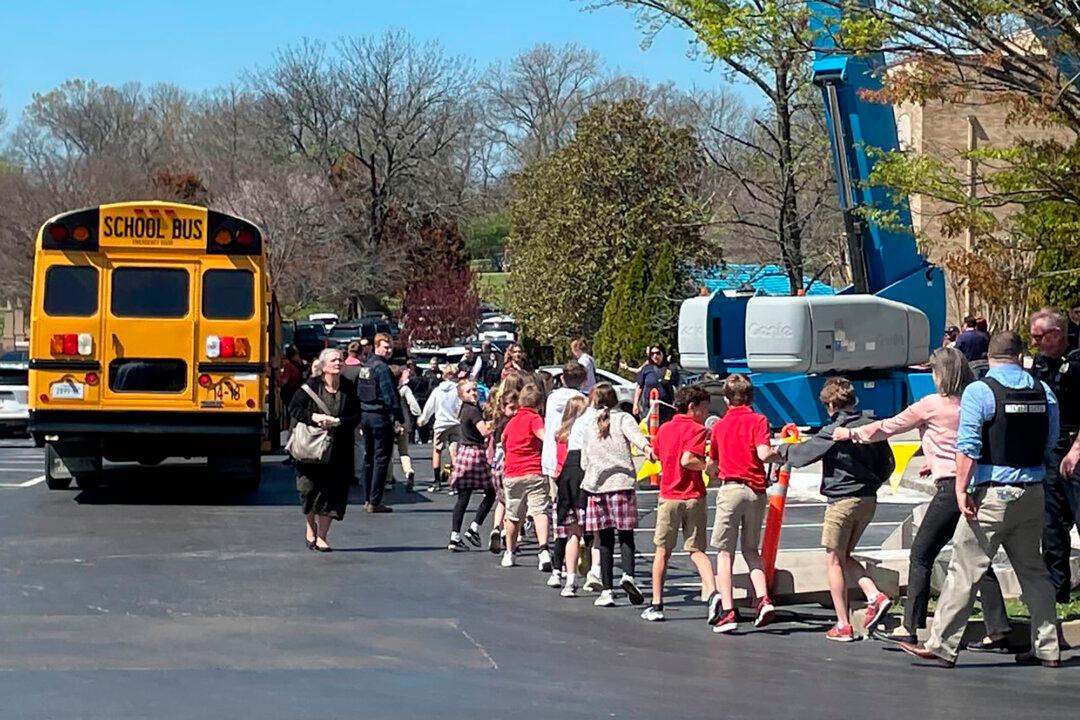The legal battle surrounding the release of writings left behind by the March 27 Covenant School shooter continues in Nashville, as the Tennessee Court of Appeals heard oral arguments on Monday over whether families of the schoolchildren should be granted legal standing to intervene in a Tennessee Public Records Act (TPRA) case.
The case could set a precedent and raises questions about the balance between public interest and personal privacy in the aftermath of traumatic events.





